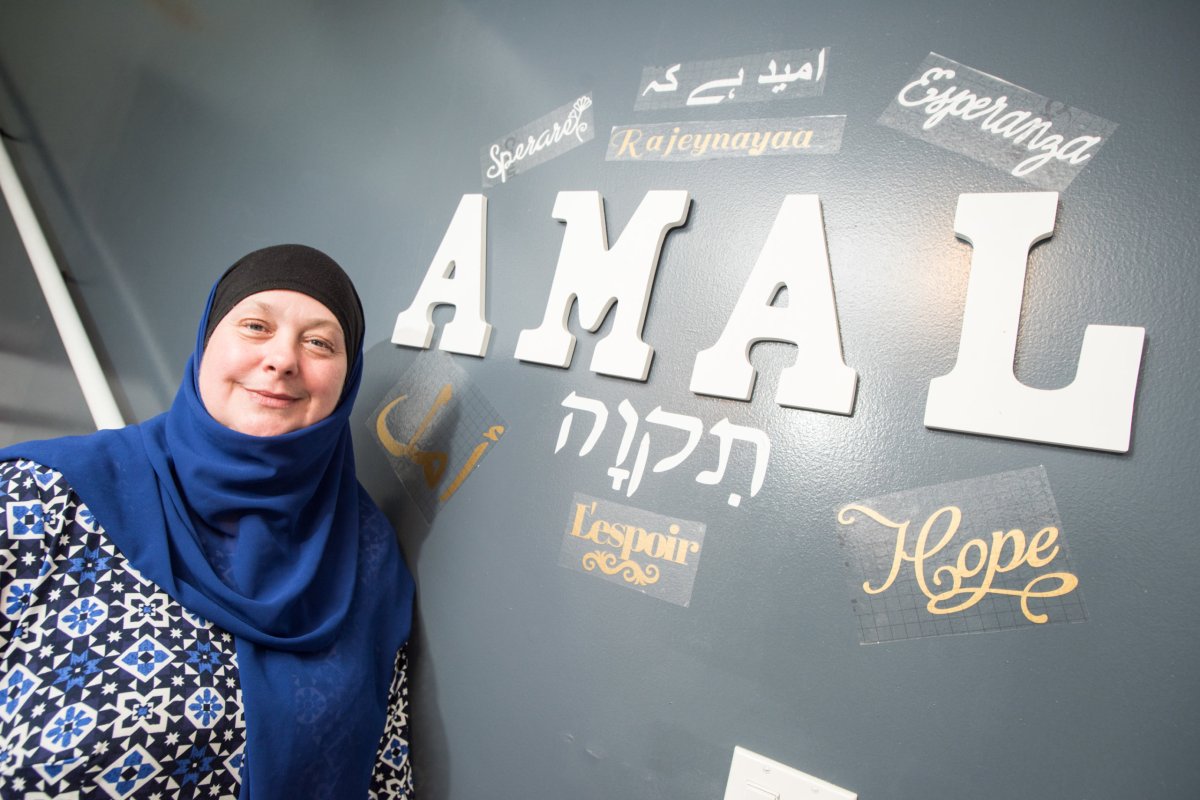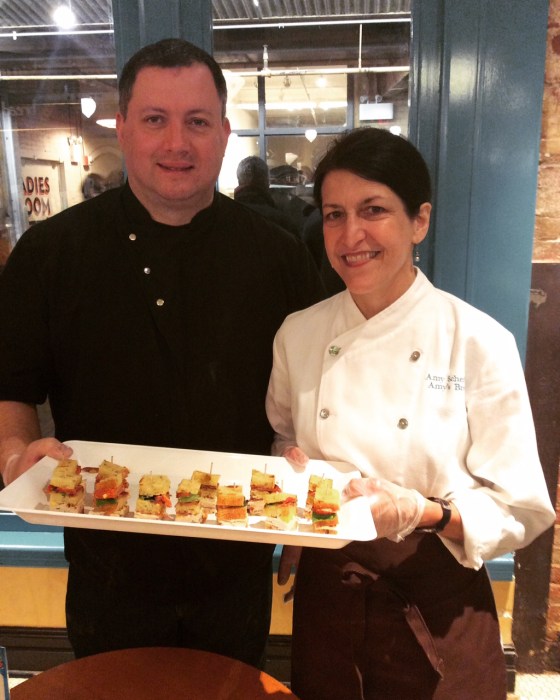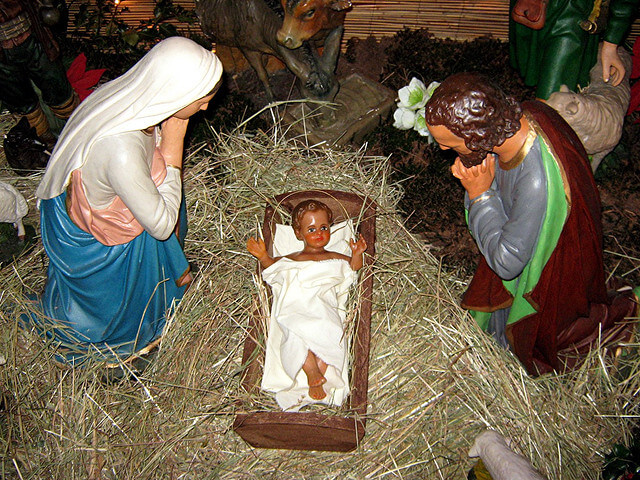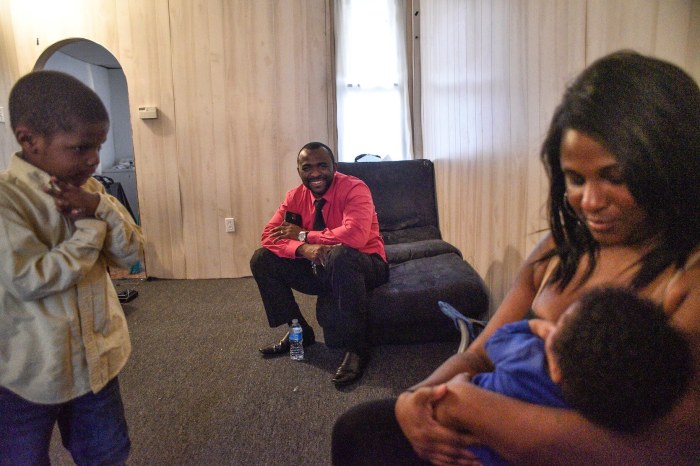On a Dorchester street lined with triple-deckers, one green house with a vibrant purple door stands out.
The door opens to the Amal Women’s Center, a transitional home for women and children operated by the Muslim social services organization, ICNA Relief.
Opened this week, it marks the first Muslim-operated transitional housing shelter in Massachusetts, according to Malika MacDonald-Rushdan, ICNA Relief’s state field office director.
Amal means “hope” in Arabic, MacDonald-Rushdan explained. The door’s vibrant purple color signifies that feeling.
“We hope to ease the transition, giving these women the support and tools they need to gain self-sufficiency,” she said. That help includes guiding them to referrals programs that teach English as a second language and others offering classes to earn a high school equivalency degree. The center’s caseworkers also provide assistance with skills training and job applications.
The facility is open to all women seeking shelter.
The small transitional home opened its doors on April 17, and already six of the 12 beds are occupied. To welcome the center to its Intervale Street location, Boston Mayor Marty Walsh will take part in a ribbon-cutting on Saturday.
Amal Women’s Center has been in the works for four years, and marks ICNA Relief’s 14th facility across the country. It predated Donald Trump’s presidential campaign, and has nothing to do with politics, MacDonald-Rushdan said. She did note, however, that the center won’t accept undocumented women, which could jeopardize the program’s existence.
Walsh and other city officials have been especially supportive of the center, she said. The mayor has also been outspoken about ensuring that Boston is a sanctuary city, which should protect and welcome people from all countries and faiths.
Organizers aren’t worried about fitting in with their new neighborhood, either. A mosque stands next door and the three-story home, which went unoccupied for 20 years, had been a minister’s quarters, which prominent Muslim leaders visited over the years.
“Our neighbor next door remembered Malcolm X walking up this street,” MacDonald-Rushdan said. Photographs of Malcolm X and Minister Louis Farrakhan, controversial leader of the Nation of Islam, hang on the walls inside the center.
The Muslim center’s kitchen follows Halal food preparation methods, but MacDonald-Rushdan said the facility was welcoming to all, meant to help any woman who needs it, no matter her belief.
“The environment in some of shelters — not just for a Muslim woman but for women in general — sometimes the environment is not the best,” MacDonald-Rushdan said. “And we want to give them a safe place where they feel respected, where we preserve their dignity, which often times I think is lacking in shelters today.”
Samyha, a 27-year-old woman, was just placed in the center this week with her 5-year-old son. They are the only ones who are not Muslim woman, a fact she said doesn’t bother her.
“They welcomed me in, I’m there and I’m thankful,” said Samyha, whose first name is being used to protect her identity. “Even though I’m not Muslim. The things I know about them now, I didn’t know before, so I’m going to be open-minded. You can’t be judgmental — they’re not judgmental toward me.”

























